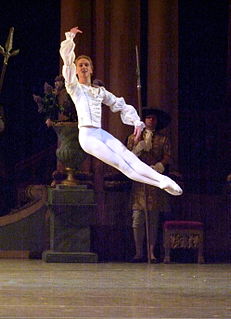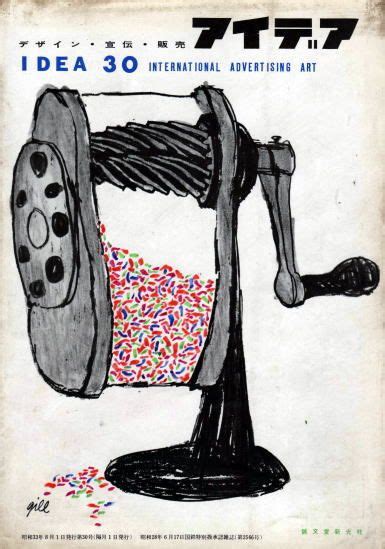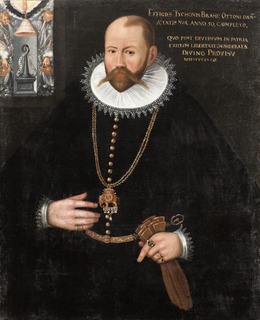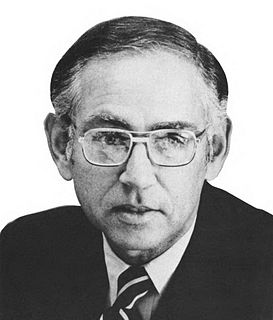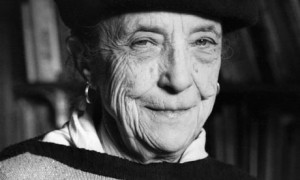A Quote by Amy Tan
I am fascinated by language in daily life: the way it can evoke an emotion, a visual image, a complex idea, or a simple truth.
Quote Topics
Related Quotes
I've been interested in art and fashion for as long as I can remember because they are so visual. I am fascinated by the idea of visual creation from the ground up, which is a challenge in ballet when the audience has seen every show of yours, every other principal that you've shared a role with, and every different production.
All propaganda or popularization involves a putting of the complex into the simple, but such a move is instantly deconstructive. For if the complex can be put into the simple, then it cannot be as complex as it seemed in the first place; and if the simple can be an adequate medium of such complexity, then it cannot after all be as simple as all that.
Usually in theater, the visual repeats the verbal. The visual dwindles into decoration. But I think with my eyes. For me, the visual is not an afterthought, not an illustration of the text. If it says the same thing as the words, why look? The visual must be so compelling that a deaf man would sit though the performance fascinated.
We frame things in an off-kilter way because it's unsettling. In the 'Mr. Robot' world, that's the norm, and it's the norm for the point of view that we're looking for, which is Elliot's. With our compositions and our visual language and camera movements, it's important to always evoke that unsettling feeling underneath every scene.


